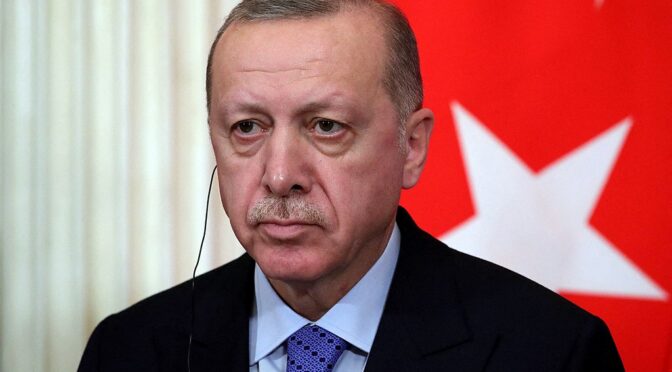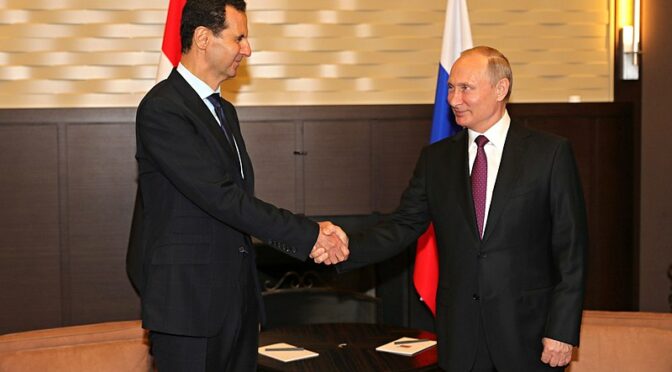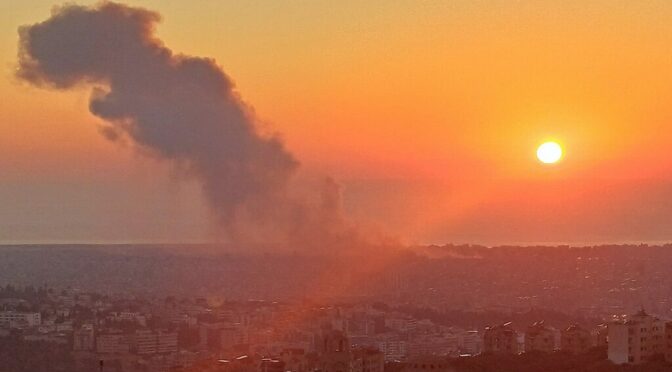Article published in The Daily Telegraph, 16 January 2025. © Richard Kemp
Many supporters of Israel have condemned the Gaza ceasefire deal as disastrous. Prime Minister Netanyahu’s opponents have said it is an example of his weak leadership. Not so fast – we shouldn’t underestimate the man who ordered the beeper decapitation of Hezbollah, the elimination of its chief Hassan Nasrallah and even the killing of Hamas leader Ismail Haniyeh in Iran’s capital.
The reality is none of us who are talking about it were in the room when decisions were made and we have no idea what the overall plan is, whatever has been publicly announced, discussed or rumoured. Netanyahu’s objective remains total victory over Hamas and Iran’s terrorist axis that seeks the annihilation of the Jewish state. Gaza is just one part of this conflict, albeit a vitally important one.
Like most wars, this one is not a linear process. A strategy is not necessarily undermined by deviation from what appears to be the obvious route towards achieving the end state. Indeed what we are seeing now may be seen as the application of British military theorist Basil Liddell Hart’s ‘indirect approach’. Having largely eliminated Hamas’s military capability over the last 15 months we have now reached the stage where the priority is to free the remaining 94 hostages.
That was always a major objective of the Gaza war, but it has so far proven impossible to release more than a handful by direct military force. The presence of the hostages has been a drag-anchor in the campaign and prevented Hamas’s total destruction. The terrorists know this only too well: that was exactly the reason they kidnapped them on 7 October.
So why is Hamas agreeing to release some of the hostages now? The original proposal on which this deal is based was made in March last year. Since then Hamas repeatedly refused to go along with it. But now its situation has deteriorated dramatically. Its betrayal by Hezbollah, which vowed to fight on until the IDF left Gaza then agreed to its own ceasefire, was a body-blow. The fall of Assad was another. But particularly devastating was the failure of Iran to come to the rescue.
Hamas is now isolated and to crown it all Donald Trump is entering the White House next week. They fear that will unshackle Israel from the constraints of Joe Biden who tried his best to prevent Netanyahu’s ‘total victory’. They also fear that Trump will do what Biden failed to do: force Qatar to expel their political leadership and also reduce the international pressure on Israel on which Hamas depends. There is every likelihood Trump will sanction the International Criminal Court and at the same time put the boot into the Israel haters at the UN.
All that is why Hamas has now accepted Israel’s red line: the IDF will maintain military forces in key strategic areas in Gaza and Israel retains the right to resume the war when the ceasefire ends. The Continue reading







